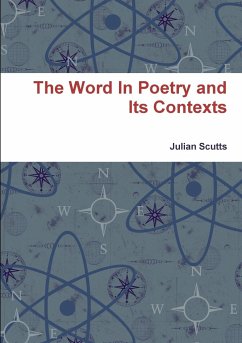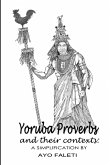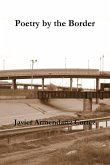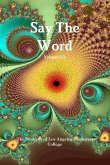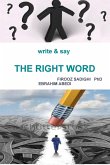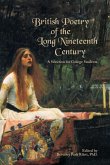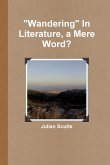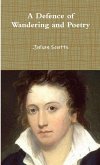Normally we consider only one context to establish the sense of a word to which a dictionary applies more than one definition. The reader of poetry can consider many more contexts, such as those supplied by his or her familiarity with other works by the same author and with literary tradition. The theoretical basis of this study resides in an analysis of Ferdinand de Saussure's distinction between "langue" and "parole" and approaches to textual criticism predicated on this distinction, which is most clearly evident in the theoretical studies of the Russian Formalists. On the firm basis of an understanding of the difference between poetry and nonliterary prose this study unravels the issues which surround the prominence of words derived from the verbs "wandern" and "to wander" in German nd English respectively in such celebrated poems as "Wandrers Nachtlied," "I wandered lonely as a cloud" and William Blake's "London.:

